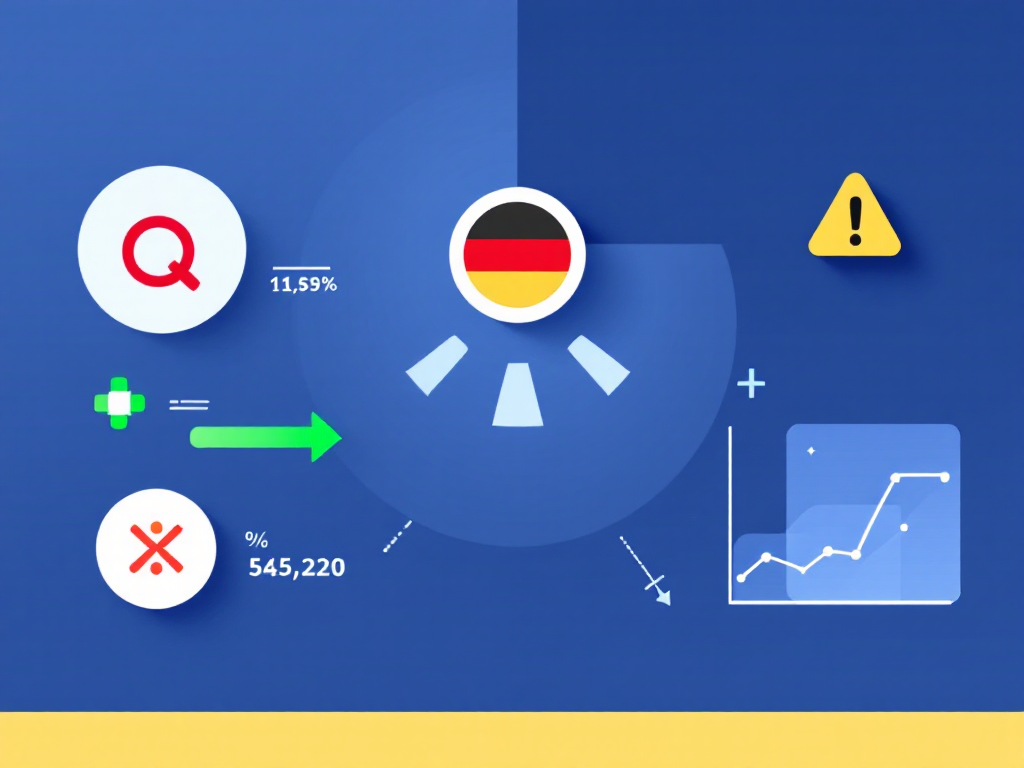Introduction: A Startup’s Wage Challenge
Imagine a burgeoning tech startup, “TechWave,” based in Silicon Valley, at the cusp of international expansion. The founders have set their sights on Germany, captivated by its robust economy and skilled workforce. However, as they prepare to establish a presence in Berlin, they encounter a significant hurdle: navigating Germany’s minimum wage regulations. This isn’t merely a bureaucratic box to tick; it’s a complex landscape that could impact their financial planning and compliance status. Here, understanding Germany’s minimum wage becomes crucial.
In this scenario, TechWave’s founders realize that grasping the intricacies of local wage laws is not just about compliance but also about sustaining their growth momentum. This is where PayInOne enters the picture, offering a comprehensive platform to manage the complexities of international payroll and compliance seamlessly, ensuring that startups like TechWave can focus on what they do best—innovation and growth.
Context & Relevance of Germany’s Minimum Wage
Germany’s minimum wage is a cornerstone of its labor market, with implications that extend beyond its borders, influencing global business operations. As of 2023, the minimum wage in Germany has seen an increase, reflecting the government’s commitment to ensuring fair pay for all workers. For businesses eyeing Germany as a potential market, understanding and adhering to these wage laws is not optional—it’s essential.
For global businesses, particularly those with remote or distributed teams, staying compliant with Germany’s minimum wage regulations is vital. This is not only a legal requirement but also a strategic move to maintain a positive brand reputation and foster employee satisfaction. Recent trends, such as the surge in remote work and the expansion into new markets, underscore the need for businesses to stay updated on wage laws to navigate the complexities of international compliance effectively.
Challenges & Opportunities with Minimum Wage Compliance
Compliance with Germany’s minimum wage regulations presents several challenges for businesses, especially those new to the market. Legal compliance can be daunting, with intricate local labor laws and potential financial strains on small businesses trying to meet wage requirements. Moreover, the dynamic nature of wage laws necessitates a continuous review to ensure ongoing compliance.
However, these challenges also present opportunities. Offering fair wages can be a powerful tool for attracting and retaining top talent. By paying competitive wages, companies can build a loyal workforce, enhancing productivity and reducing turnover rates. This is particularly significant in industries facing labor shortages or high competition for skilled workers.
The impact of minimum wage regulations varies across industries and company sizes. Large corporations may find it easier to absorb wage increases, whereas small businesses might struggle. Nevertheless, both can benefit from strategic wage management, using it as a lever to boost employee morale and company performance.
Expert Insights & Best Practices for Wage Management
What the Experts Say
“Staying ahead of wage compliance is about more than just meeting legal requirements; it’s about creating a sustainable business model that values its workforce.” – Dr. Hanna Müller, Labor Economics Expert
Experts recommend several best practices for navigating minimum wage laws effectively. Regular audits and legal consultations are essential to ensure compliance and mitigate risks. Additionally, automating payroll systems can significantly reduce the risk of errors and streamline the wage management process.
Platforms like PayInOne offer invaluable support in this area, providing tools to automate payroll, manage compliance, and ensure timely wage payments. By integrating these solutions, businesses can focus on strategic growth rather than administrative burdens.
Pitfalls to Avoid
- Do not underestimate the complexity of local labor laws—seek expert advice when needed.
- Avoid manual payroll processes that can lead to costly errors and compliance issues.
- Regularly update your systems to reflect the latest wage regulations and standards.
Real-World Anecdotes: Success Stories in Compliance
Consider the case of “EcoTech,” a midsize company specializing in sustainable technologies, which decided to expand into the German market. Initially overwhelmed by the complexity of Germany’s wage laws, EcoTech turned to PayInOne for a streamlined solution. By leveraging PayInOne’s automated payroll system and compliance tools, EcoTech not only met regulatory requirements but also optimized their payroll process.
The tangible benefits were clear: the company saved significant costs by reducing administrative tasks and avoiding potential fines for non-compliance. Furthermore, employee satisfaction improved due to the consistent and fair wage practices implemented. This success story illustrates how strategic compliance management can lead to both financial savings and enhanced organizational efficiency.

Looking Ahead: Future Trends in Wage Regulations
As we look to the future, several trends are poised to impact Germany’s wage regulations and, consequently, global business strategies. Potential changes in wage laws could arise from ongoing economic shifts and political influences. Staying informed and adaptable is crucial for companies looking to maintain compliance and competitive advantage.
Emerging technologies, such as blockchain and advanced payroll software, are revolutionizing wage management. These technologies offer unprecedented transparency and efficiency, allowing businesses to manage payroll with greater accuracy and security. By embracing these innovations, companies can future-proof their operations against the evolving regulatory landscape.
Guidance for businesses includes investing in technology that supports compliance and developing proactive strategies to anticipate regulatory changes. This forward-thinking approach will ensure companies remain competitive and compliant in the global market.
Conclusion & Call to Action
In conclusion, understanding and complying with Germany’s minimum wage laws is essential for businesses operating in or expanding to this key European market. By navigating these regulations effectively, companies can not only avoid legal pitfalls but also capitalize on opportunities to enhance their workforce and drive growth.
We invite readers to share their experiences and insights on wage compliance and explore how PayInOne can support their global operations. With comprehensive solutions designed to simplify international payroll and compliance, PayInOne is the partner businesses need to tackle wage challenges head-on.
Ready to simplify your global operations and tackle Germany’s minimum wage head-on? Discover how PayInOne can help — https://payin.one/.
